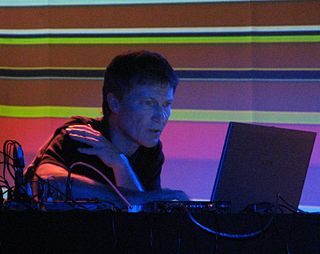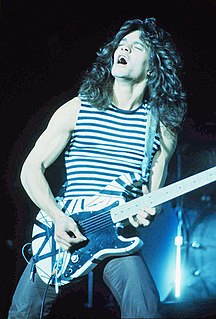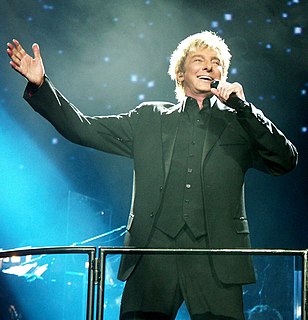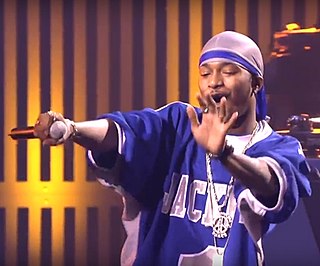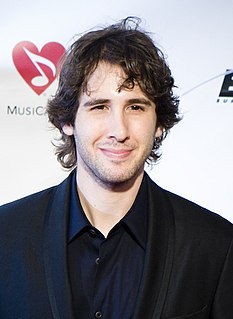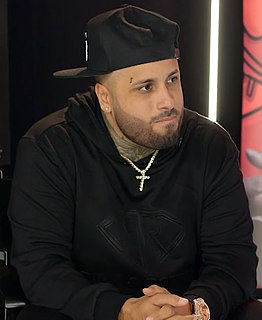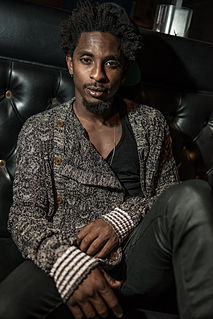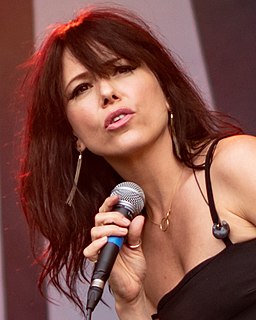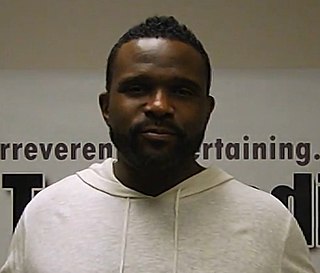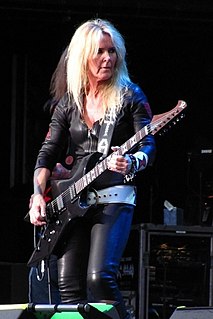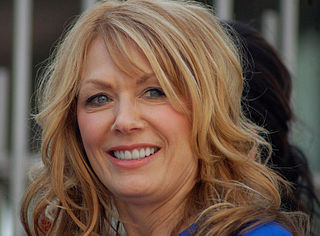A Quote by Michael Rother
NEU!'s music will always ("für immer") be a part of me and I absolutely stand to what we've created. Of course I have changed since and I judge my contributions to NEU!'s music of the 70's in a historical context. They were both a description of my feelings back then as well as an expression of my musical abilities and limitations. It would be a mistake to ignore the time factor and it would be an artistic shortcoming to pick up on the old concept without doing any changes. There is no way this is going to happen anyway.
Quote Topics
Absolutely
Always
Any
Anyway
Artistic
Back
Both
Changed
Changes
Concept
Context
Contributions
Course
Created
Description
Doing
Expression
Factor
Feelings
Going
Happen
Historical
Historical Context
I Have Changed
Ignore
Judge
Limitations
Me
Mistake
Music
Musical
Old
Part
Pick
Since
Stand
Then
Time
Up
Way
Well
Were
Will
Without
Would
Would Be
Related Quotes
Back then and later on when I was in NEU! and Harmonia I was too much preoccupied with my own music to be aware of the German music scene, let alone following it actively. But changes which were happening with S.o.S. (namely the development of individual ideas and the effort to distinguish from the Anglo- American rock patterns) also helped me recognize other musicians within my immediate vicinity.
People around me are always an inspiration due to their love of the music and they help me to generate ideas for music. But it's really the passion and drive I have for my music that keeps me connected. I recorded my first song in the studio at 8 years old and I've taken it seriously since then. Making music is fun to me so I aim to translate those feelings into the music.
No matter who we are, no matter what our circumstances, our feelings and emotions are universal. And music has always been a great way to make people aware of that connection. It can help you open up a part of yourself and express feelings you didn't know you were feeling. It's risky to let that happen. But it's a risk you have to take-because only then will you find you're not alone.
I'd been making music that was intended to be like painting, in the sense that it's environmental, without the customary narrative and episodic quality that music normally has. I called this 'ambient music.' But at the same time I was trying to make visual art become more like music, in that it changed the way that music changes.
And Paul Moravec, not being a theater person, would always trust me when I said things that I am like, "you're going to need another 10 seconds of music year to get them across the stage." But I always knew that the people were going to be coming to hear his music of which my words are going to be a part. It was clear that he wanted to go and direction A., and I wanted to go and direction B. We would've gone and direction A. That's the most important piece of advice I can give to anybody who finds themselves in an opera, or musical comedy situation like that.
Over the years, there certainly have been plenty of ideas that I've had and given up on, but for this one, the only thing that was standing in its way was me doing it - I just had to write it... And then if it didn't happen, it didn't happen. But I didn't want it to be for lack of effort on my part, so I had hunch that it would be a good story and that we would work well together. And it certainly worked out that way.
